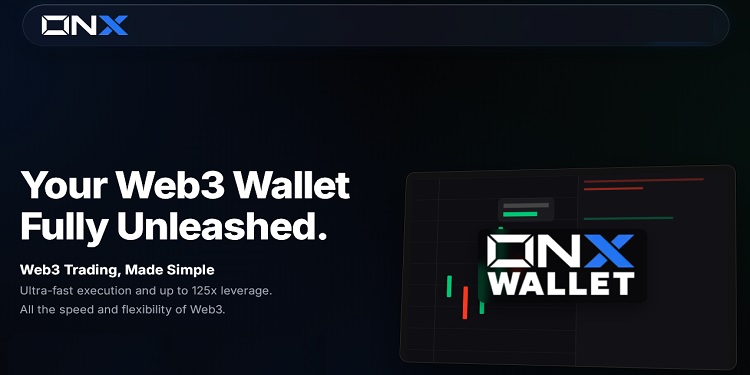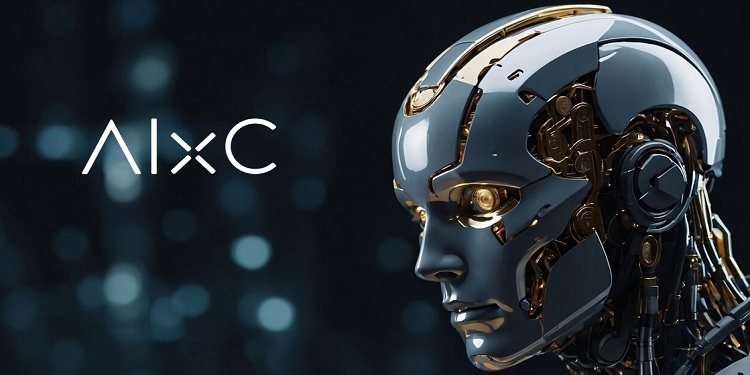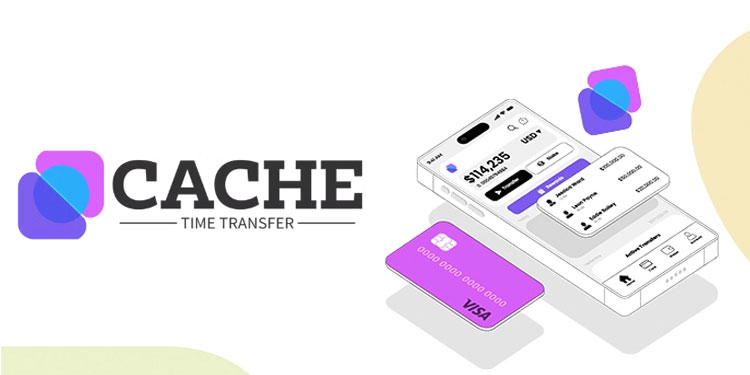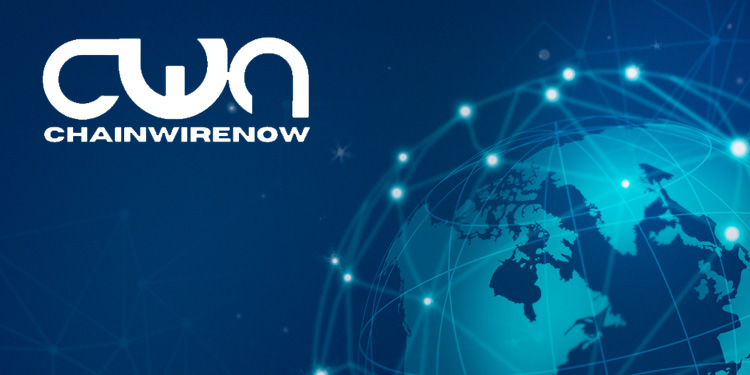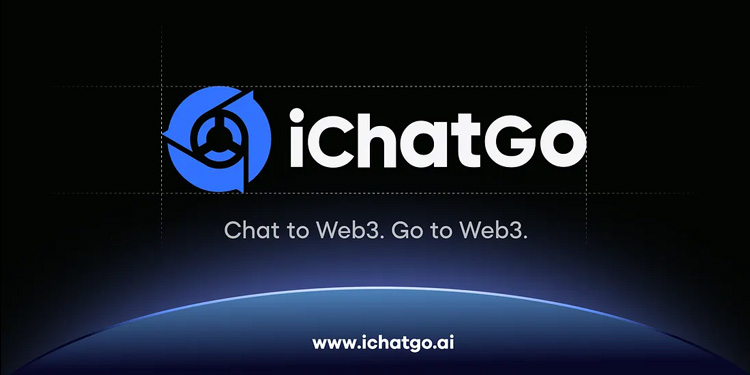The Nairobi Securities Exchange (NSE) has unveiled plans to enter the digital asset space through a strategic partnership with DeFi Technologies, its subsidiary Valour Inc., and SovFi. The collaboration will result in the development of the Kenya Digital Exchange (KDX), a regulated platform aimed at tokenising real-world assets and offering secure digital asset infrastructure under formal oversight.
DeFi Technologies and Valour Inc., both headquartered in Canada, are recognized for delivering decentralized financial products tailored to traditional capital markets. Their expertise will support the creation of KDX, which will enable Kenyan enterprises to issue tokenized versions of conventional assets such as equities, debt instruments, commodities, and funds.
Unlike existing digital assets developed on public blockchains like Ethereum or Solana—where regulatory frameworks are limited or absent—KDX intends to bring these innovations into a regulated environment. This approach is set to offer companies a way to leverage blockchain’s capabilities without straying from established security regulations and market standards.
The foundation of KDX will be laid on the Hedera blockchain, a decentralized network built for high-performance applications. The NSE became part of Hedera’s Governing Council in October 2024, granting it governance rights, including voting powers and node operation capabilities. This membership is expected to reinforce the integrity of KDX by placing it within a network already aligned with international standards for decentralization and compliance.
The rollout of the KDX platform is structured in three progressive phases. The initial stage will concentrate on platform design and ensuring alignment with regulatory bodies, along with efforts to onboard investors and facilitate the issuance of tokens in primary markets.
The second phase, expected to commence by the third quarter of 2025, will pilot trading activities and introduce exchange-traded products (ETPs) through Valour, with listings to occur on the NSE. The concluding stage will witness the full-scale commercial launch of KDX, targeted for the second quarter of 2026. Once operational, the exchange is projected to generate income through multiple streams, including trading and listing fees, as well as staking services.
This development signals a significant evolution within Kenya’s financial landscape, as it blends blockchain efficiency with regulatory safeguards. However, it also highlights ongoing reliance on foreign blockchain infrastructures for African fintech solutions. KDX’s underlying technology, Hedera, is based in the United States and uses the native token HBAR for its operations, raising questions about local technological independence.
Elsewhere in the continent, Nigerian blockchain firm Zone has introduced a similar proposition, focusing on digital assets pegged to local currencies. These domestic efforts could pave the way for regionally grounded solutions, offering African nations more control over their digital financial infrastructure.
In parallel, financial regulators in both Nigeria and Kenya are showing increased openness to blockchain-based innovations. Their willingness to accommodate digital assets—and possibly even cryptocurrencies—may accelerate the formation of entirely new asset classes within local capital markets. With these developments, East and West Africa could be on the brink of significant transformation in how value is stored, transferred, and regulated.


